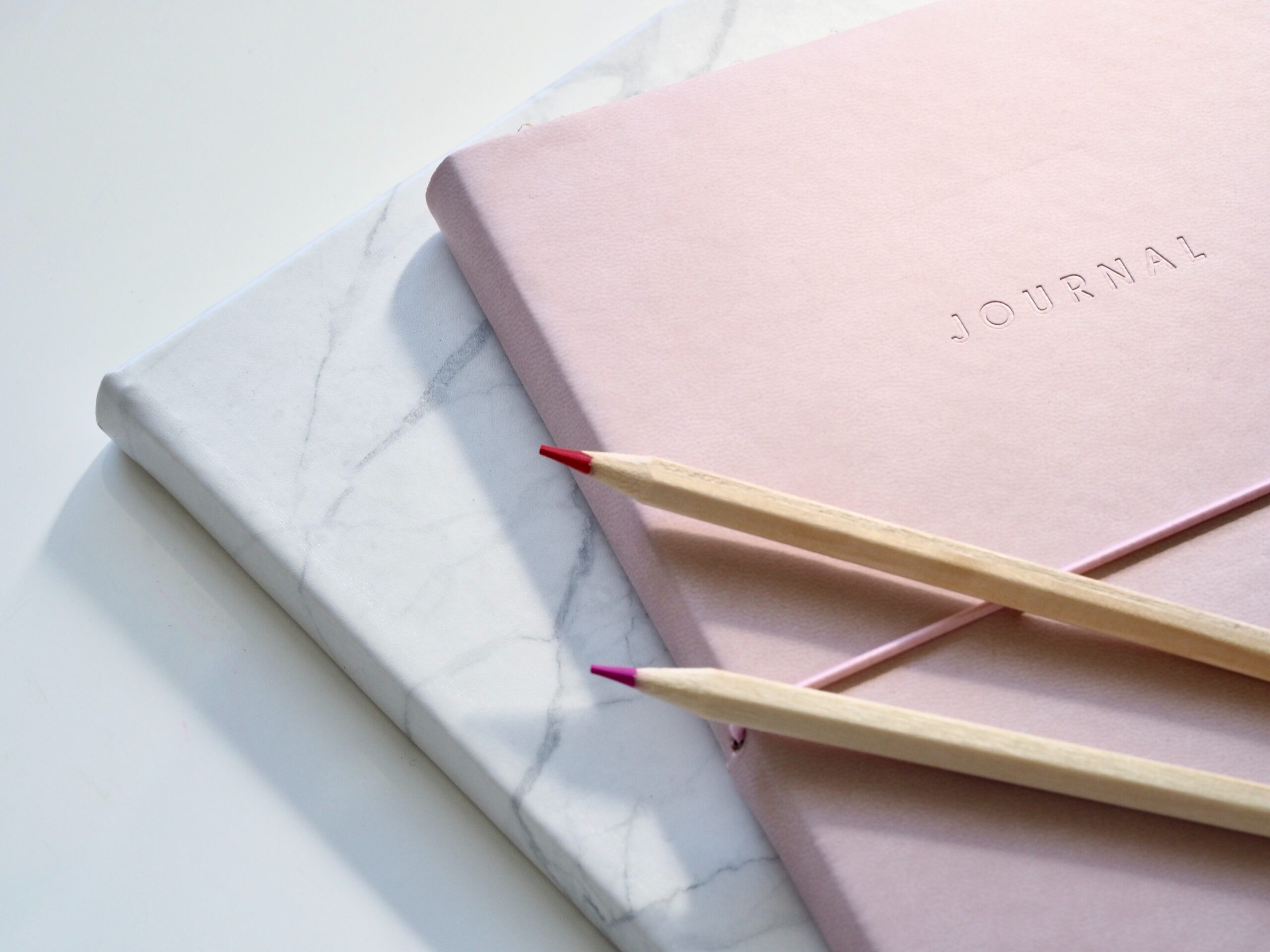Are you feeling overwhelmed and pessimistic about life? Do you find yourself being negative and critical about yourself and everything around you? You’re not alone. Many of us struggle to maintain a positive mindset, especially in these trying times. But the good news is, journaling can help! Journaling is an incredibly powerful tool that can help you gain a new perspective, reflect on your experiences, and cultivate a positive mindset. In this art, we’ll explore the magic of journaling and how it can help you gain a positive mindset.
Reasoning
Journaling can be a powerful tool in improving your mental and emotional well-being. By allowing yourself the space to write down your thoughts and feelings, you give yourself the opportunity to process them more effectively. Reflecting on your experiences and emotions can help you gain a new perspective and better approach situations. Moreover, journaling can help you identify any negative patterns or beliefs that may be holding you back from reaching your full potential. Writing can be a therapeutic outlet, allowing you to work through these challenges and emotions constructively and helpfully. Taking the time to journal regularly can benefit your overall well-being and is worth considering if you’re looking for ways to improve your mental health.
Journal Prompts
Journaling can be intimidating for beginners or those who lack inspiration. The beauty of it, though, is that this craft has no rules. As a writer, you have complete freedom to let your pen (or keyboard) take you wherever you’d like. For those who are having difficulty translating their thoughts into words, there are multiple prompts you can use to spark your imagination.
Whether you want to write about your fears, goals, or daily musings, there’s a prompt out there that will encourage you to put pen to paper. Don’t worry if your writing is messy or doesn’t flow well.
The beauty of journaling is that it’s for you and you alone. With the help of some prompts, you’ll find that journaling can be therapeutic, rewarding, and a whole lot of fun!
– What are three things you’re grateful for today?
– What are the top three things that you accomplished today?
– Write a letter to your future self.
– Write a letter to your past self.
– What is your biggest fear? Why do you think you’re afraid of it?
– Write about the last time you felt truly happy.
– What are three things you can do to improve your mental well-being?
How to Start a Journal
Starting a journal is easy. All you need is a notebook and a pen. Here are some tips to help you get started:
1. Choose a time and place where you can write regularly without distractions.
2. Write for at least 10 minutes every day.
3. Don’t worry about your grammar or spelling.
4. Write whatever comes to mind, without censoring yourself.
5. Be honest and authentic with yourself.
6. Use prompts to help you get started if you need to.
Tone of Voice
When it comes to writing in a journal, it’s important to remember that this is your space to express yourself without any fear of judgment.
Your journal can be whatever you want it to be. Whether it’s formal or humorous, sarcastic or contemplative, it’s up to you to determine the tone that makes you feel most comfortable. Don’t worry about how it sounds or whether it’s “good enough.” Simply focus on getting your thoughts and feelings onto paper.
The more you write, the more you’ll develop your unique voice, and the more your journal will feel like a true reflection of who you are. And if you ever feel stuck, just remember that the most important thing is to be honest with yourself and to write from the heart.
Conclusion
In conclusion, journaling can be an incredibly powerful tool to help you gain a positive mindset. By giving yourself the time and space to reflect on your thoughts and feelings, you can identify negative patterns and beliefs, and work towards changing them. With regular journaling practice, you’ll soon reap the benefits of having a more positive outlook on life. Remember, there are no rules to journaling – use prompts if you need to, choose a comfortable tone, and just focus on getting your thoughts on paper. With time and practice, you’ll soon find that journaling is essential to your self-care routine.








